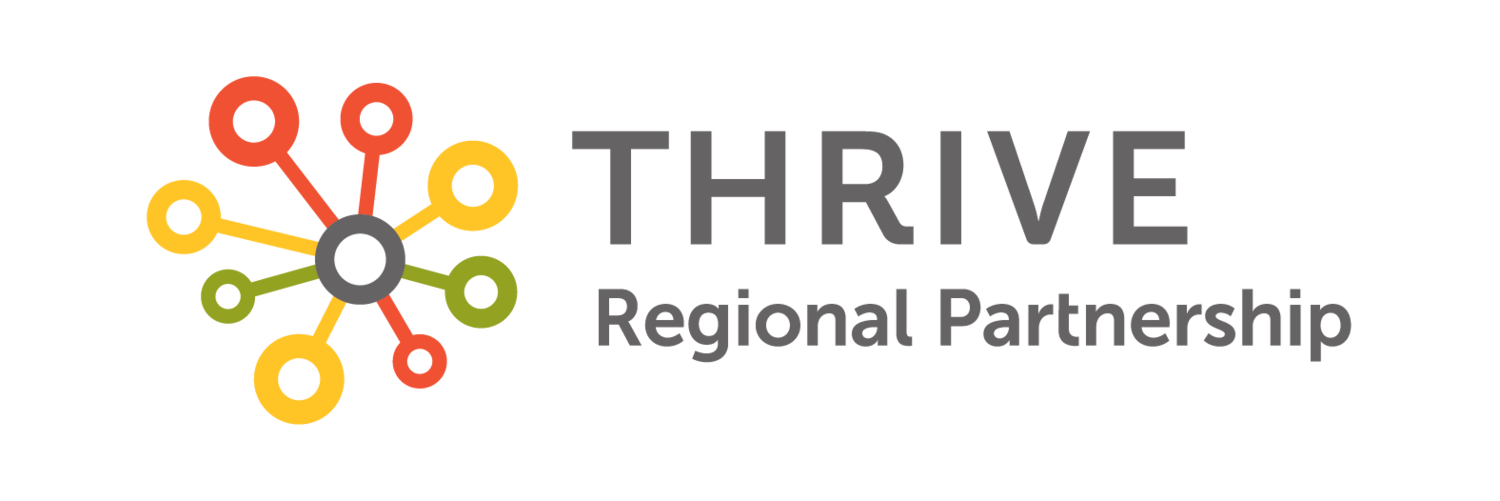By Whitney K. Coe
My job takes me to rural communities and small towns across the country, and the thing I can always count on is that no community is the same. Each place has its own history, its own set of stories and relationships, and its own vision for the future.
I’ve been lucky to experience the unique culture of numerous communities across the country, like Edcouch-Elsa, Texas, a place rich in diversity along the U.S.-Mexico border in the Rio Grande Valley; the small-town charm of Mitchell, South Dakota, with its impressive Corn Palace and miles of prairie; and a rural hamlet in Western Massachusetts called Ashfield, where abolitionists and suffragists launched movements that changed the nation.
The diversity of the rural experience, and the interdependence that characterizes rural and small towns, is what makes them so powerful and so necessary, I believe. As we struggle to build a nation that is more inclusive, more sustainable, and more connected, we need to bring into relief the rural lessons and values that are woven into our national DNA.
Rural places are the proving ground for our democracy. Though rural folks walk a hard line between disparity and abundance, proximity to one’s neighbors and institutions is a matter of course. It is where the rubber meets the road when it comes to building a lasting and distinctive quality of life.
My small town is no different. I am a daughter of Athens, Tennessee--born and raised. I left for a decade of schooling but returned with my husband and two daughters to participate in the local life of our small community.
Nestled in the foothills of the Great Smoky Mountains, equal-distance between Chattanooga and Knoxville, we call ourselves, “The Friendly City.” This is, in part, a nod to our heritage as a place friendly to commerce and small-town enterprise, but I also like to think of it is an aspirational pledge to visitors and residents, alike.
When the invitation came for Athens to participate in Thrive Regional Partnership’s Thriving Communities project, it felt like an opportunity to grow and deepen our commitment to keeping Athens friendly, open, and wise. This was a chance to knit together all the desires and hopes we have for our little town and to practice the art of collaboration, for which small towns are known.
“The Thrive proposition, that every community has unique cultural assets upon which to build and embrace the future, is a radical response to the rapid growth and change we see in all corners of our country. It acknowledges that change is inevitable, that growth is necessary, and it asserts that communities are the creators of their destiny.”
Over the course of 10 months, I’ve worked alongside my neighbors to identify what is distinctive, precious, and worth cultivating in Athens.
The Athens Thrives Team: Kay Simmons, Lauren Shepherd, Lisa Dotson, and Whitney Coe.
At our Athens Thrive Team community launch party, we named hundreds of unique cultural assets, from public institutions like E.G. Fisher Public Library to local downtown businesses like Greeks Bearing Gifts; from heritage-keepers like our inimitable Burkett Witt to visionary local officials like our city public works director; from robust nonprofits like The Arts Center and the McMinn County Heritage Museum to strategic partners like Tennessee Wesleyan University.
The Thrive process called for deep research and discovery sessions with community members, where we mined community fears, desires, and ideas. Those sessions laid the groundwork for a new collective vision for Athens that generated buy-in from a diverse group of stakeholders.
Together with our neighbors, partners, and collaborators, we’ve mapped out a future that will include animating underutilized spaces in the community with public art and cultural programming, beginning with a cast-off lot we’re calling Pocket Park.
From there, we’ll knit together the efforts of various organizations, businesses, and other entities that are already working on revitalizing our downtown--our Main Street--which has long been the heart of our Friendly City. The culmination of our vision will be a thriving, pedestrian-only downtown that celebrates our heritage, arts and cultural assets, and our distinctive “culture of community.”
As our country struggles to find its collective identity and vision for the future, it feels good and radical to know that here, in Athens, Tennessee, we are already on the path toward renewal. We know we have the relationships and assets that will get us there, because that’s how we do it in rural America.









